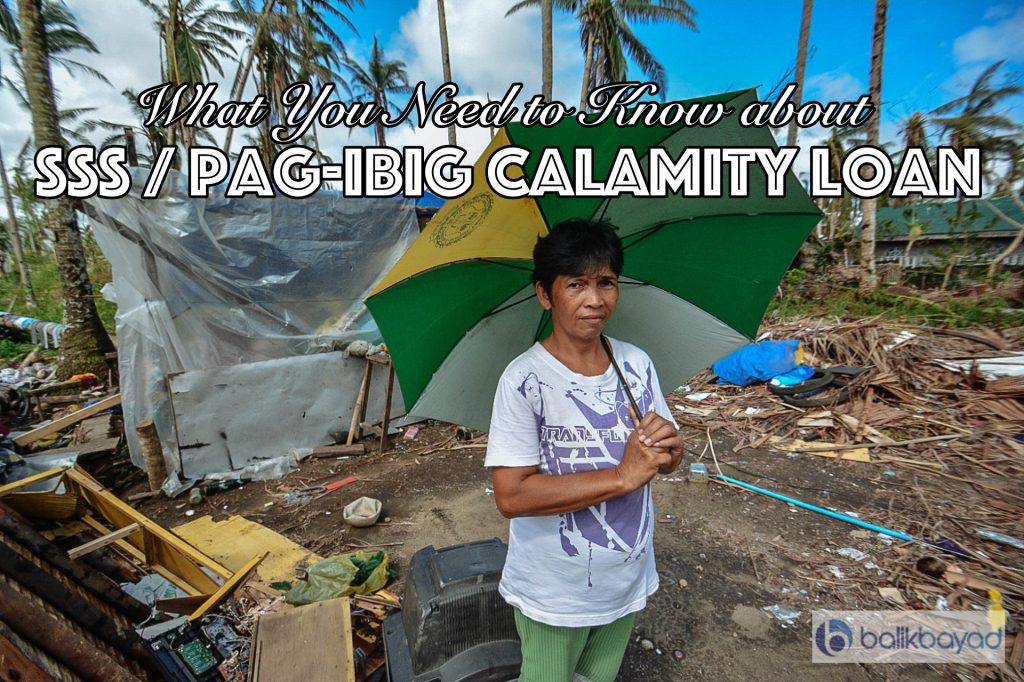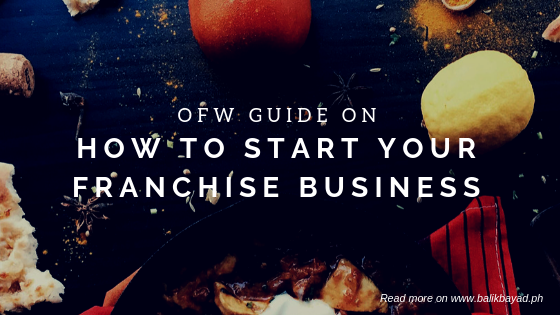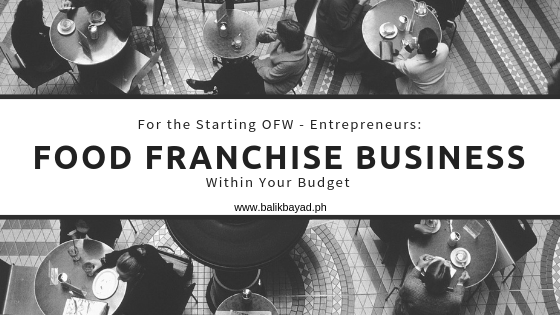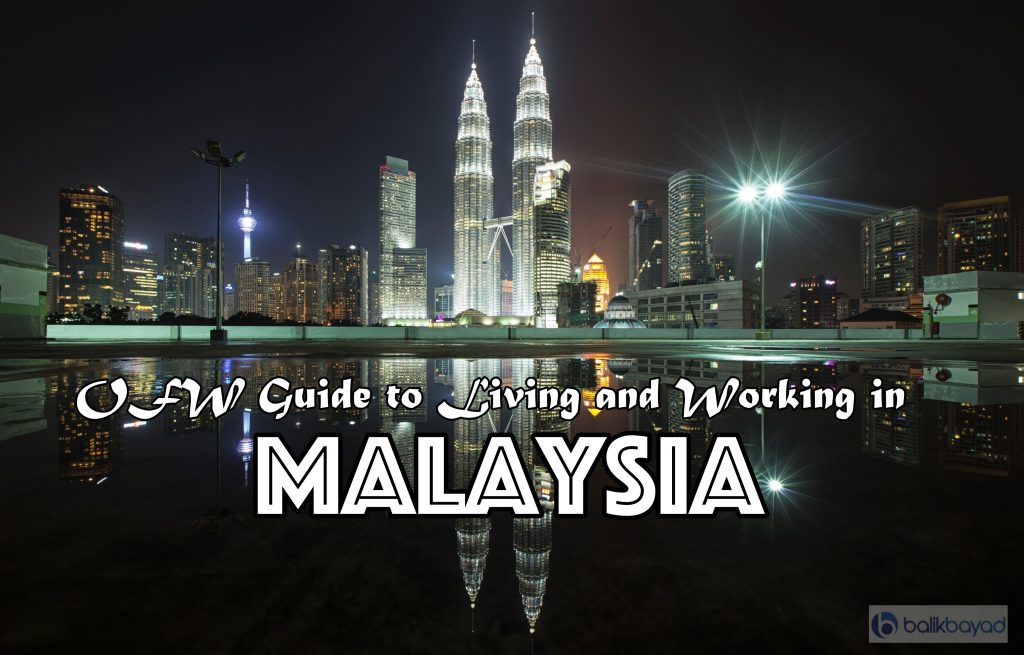Tax – the life-blood of the nation. Without tax, government won’t be able to build roads and infrastructures, and provide services to its people, at least in the ideal world. It is something you cannot escape from the time you were born until you die. When you get into franchising, you need to pay taxes as well. Because of the passage of Tax Reform for Acceleration and Inclusion or TRAIN Law, there are certain conditions included that could either increase or decrease the taxes you have to pay.
“How much?” you might ask.
Let’s look into the taxes you need to pay as a franchisee under the Tax Reform Law.
Franchises are still subject to the usual business and income tax just like any other business. Nonetheless, check below for specific amount of taxes to be imposed:
- Service Revenue – 3 percent percentage tax if below P3 million with quarterly filing. On the other hand, if you decide to franchise a service business or register as a professional, then you may opt for the 8 percent flat rate based on gross sales or revenue in lieu of both percentage and income tax. Otherwise, anything above P3 million is subject to 12 percent value added tax filed monthly.
- Sale of Goods – same computation with service revenue
- Royalty – 20 percent final tax, regardless of the amount of royalty set by franchisor. This is filed monthly.
- Profit (Taxable Income) – 20 to 35 percent income tax if profit is above P250,000. In case you are registered as a corporation, income tax rate is 30 percent without P250,000 exemption.
- Rent – 3 percent withholding tax.
- Salary – 20 to 35 percent income tax if above P250,000.
- Professional Fees – 5 percent withholding tax if below P3 million. Anything above P3 million is subject to 10 percent withholding tax.
There is also a difference between taxes filed by a corporation and sole proprietor. If you register as a corporation, then your income is subject to 30 percent corporate income tax. This may be reduced to 20 or 25 percent upon the passage of TRAIN 2.
If you are a sole proprietor, your income will be subject to personal income tax of up to 35 percent.
Can I get away with the 20 percent tax on royalty?
Believe it or not, yes. The rule is that IF the royalties are not considered as passive income rather for the active pursuit and performance of the company’s primary purpose, then there is no need to pay the 20 percent tax for royalty.
Keep in mind that passive income means you are earning something without exerting effort. A perfect example of this is rental. Clearly, running a business is not passive income because you need to do something to perform the business’ main purpose.
But 20 percent tax on royalty is LOWER than the 30 percent corporate income tax.
That’s true. Still, keep in mind that the 20 percent tax is based on gross revenue as opposed to 30 percent corporate income tax, which will be imposed only on the taxable income. You also have to remember that corporate income tax is subject to optional standard deductions or itemized deductions, which means you could pay lower amount even if the rate imposed is higher.
Still, don’t worry. Taxes will always be part of your expenses as a business owner. Don’t be discouraged in getting into franchising or starting your business just because of the taxes you have to pay. Strategic tax planning plays a crucial role in ensuring that you pay whatever is due – and correctly – and at the same time, make the most out of your profits.
The good news is there are seminars available that you can attend to so you can better understand how Philippine tax system works. There are also groups and dedicated tax professionals who are willing to answer your questions about tax, so make sure to reach out to them.

 According to the Philippine Embassy located in Amman, Jordan, there are at least 26,000 FIlipinos living and working in Jordan – and these numbers reflect the documented ones. There are still Filipinos who were unable to register with the embassy, which means the numbers could go higher.
According to the Philippine Embassy located in Amman, Jordan, there are at least 26,000 FIlipinos living and working in Jordan – and these numbers reflect the documented ones. There are still Filipinos who were unable to register with the embassy, which means the numbers could go higher. Last September 15, 2018, Northern Luzon were punished by Typhoon Ompong, the strongest typhoon to hit this year, thereby destroying houses, farmlands, public and private buildings and establishments, and even electric posts. While the typhoon lasted for only a day, it left thousands of displaced families and millions-worth of damages.
Last September 15, 2018, Northern Luzon were punished by Typhoon Ompong, the strongest typhoon to hit this year, thereby destroying houses, farmlands, public and private buildings and establishments, and even electric posts. While the typhoon lasted for only a day, it left thousands of displaced families and millions-worth of damages. In a previous post, we shared
In a previous post, we shared  Admit it. You dreamed of going to Italy the moment you saw the movie Milan starring Piolo Pascual and Claudine Barretto. After all, who wouldn’t fall in love with the beautiful sceneries and tourist spots featured in the movie?
Admit it. You dreamed of going to Italy the moment you saw the movie Milan starring Piolo Pascual and Claudine Barretto. After all, who wouldn’t fall in love with the beautiful sceneries and tourist spots featured in the movie? You’ve been working hard overseas. What do you plan to do with your hard-earned money?
You’ve been working hard overseas. What do you plan to do with your hard-earned money? Where do you plan to work if you are thinking of working overseas? You will find tons of job opportunities in the Middle East, but Asia is still among the favorite job destinations. By Asia, we’re not just talking about Singapore and Hong Kong where you can find a lot of Filipinos. At this point, you might want to consider Malaysia.
Where do you plan to work if you are thinking of working overseas? You will find tons of job opportunities in the Middle East, but Asia is still among the favorite job destinations. By Asia, we’re not just talking about Singapore and Hong Kong where you can find a lot of Filipinos. At this point, you might want to consider Malaysia.